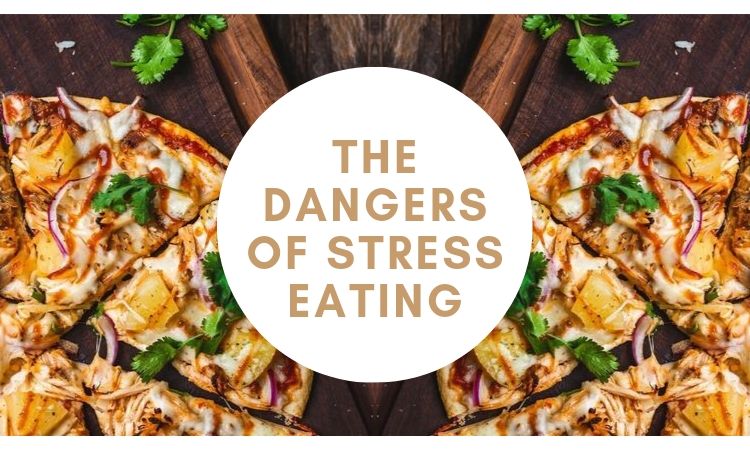
Stress eating is an emotional response to a distressing situation in an attempt to gain a certain level of control over an otherwise overwhelming circumstance. For many of us, stress eating becomes a respite from reality and in a sense acts as a short-term cure for our negative emotions and feelings.
However, constant or habitual stress eating will only do your body more harm than good. It’s a vicious habit that if left unchecked, can leave you with permanent negative effects.
Here are some dangers of stress eating:
1. Stomach Discomfort
Those who eat when feeling anxious find comfort in filling their stomachs with something else that somehow masks their stress. This more often than not results to overeating and eventually nausea and stomach pains. This effect of stress eating can linger on for a few days.
2. Weight Problems
Habitual stress eating can open the gateway to the world of weight-related problems such as high blood pressure, diabetes, obesity, and overall fatigue. One moment of stress eating can make you suffer even more health problems for the rest of your life.
3. Guilt
After the emotional high has passed, you will usually feel a sense of regret or guilt when you realize you ate too much. This guilt will change your relationship with food and can lead to more stress eating episodes or pull down your self-esteem, resulting in a dangerous cycle of treating your negative emotions with excessive food consumption.
To fight stress eating impulses, it’s important that you learn to recognize true hunger and not just the need to reach out for that pizza box because you had a truly, extremely, stressful day. Another thing you can do is to find an alternative to eating as your diversional activity. Maybe take a jog around the block or meet up with a close friend, instead of holing up in your room with a bag of Cheetos on one hand.
Read the rest of the article by Live Well Dorset here for more information on how to deal with stress eating.


